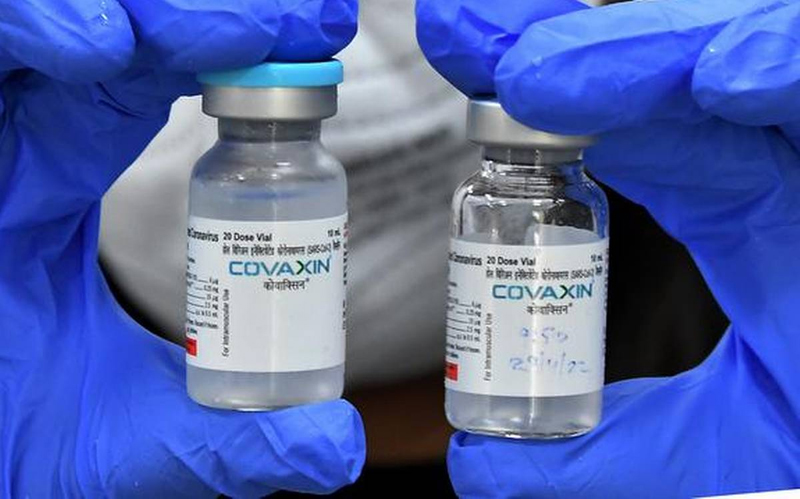NEW DELHI, Jan 30:
As India completed two years since the outbreak of COVID-19, vaccines and following COVID Appropriate Behaviour remain the most effective weapons against the deadly virus.
Though a number of drugs and other methods have been tried, no definitive treatment has emerged as yet.
The country saw its first case of COVID-19 on January 30, 2020, when a third-year medical student from Wuhan University tested positive. She had returned home following semester holidays.
Since then, India has witnessed three waves of COVID-19, though the line of treatment has remained the same throughout.
Health Minister Mansukh Mandaviya on Saturday said irrespective of the COVID-19 variants, ‘Test-Track-Treat-Vaccinate and Adherence to COVID Appropriate Behaviour’ continue to remain the tested strategy for COVID-19 management.
Several medical treatments were also tried to tackle COVID-19 but no widely accepted treatment has been seen till now.
Recently, at a press briefing, NITI Aayog Member (Health) Dr V K Paul expressed concern over the “overuse and misuse” of drugs.
“The use of steroids can increase the chances of Mucormycosis (black fungus). Steroids are very potent life-saving drugs but they also have side effects and they disturb the immunological protection. They disturb many biochemical pathways. So, it was a very big lesson…We were learning at that time but now we know it,” he had said.
“For fever, paracetamol is given, and for cough, AYUSH syrup can be used. This is what we have prescribed in the home care module too. If the cough continues for more than three days, there is an inhaler called Budesonide. These are the only three things that need to be done. Other than that, gargle and take rest. Do not overdo, it has a cost,” he had warned.
The country tried treatments such as plasma therapy, Remdesivir, DRDO’s anti-Covid drug 2-deoxy-D-glucose (2-DG) and most recently Molnupiravir, but there has been no definitive medicine to cure COVID-19 patients.
As attempts to tackle COVID-19 and its most recent variant Omicron continue, vaccines remain the most viable option for mitigating the disease.
Prime Minister Narendra Modi underlined the importance of vaccination and the need to further accelerate the ‘Har Ghar Dastak’ programme to achieve 100 per cent vaccination coverage. AYUSH interventions and Yoga found a special place in the line of treatment.
Dr Shuchin Bajaj, Founder Director, Ujala Cygnus Group of Hospitals, said AYUSH has an important role in countering cold-related diseases and not just COVID-19.
“Yoga has many good asanas for increasing your lung capacity and increasing your strength. And also, meditation has a big role in calming your mind because we have seen that fear, anxiety and depression are some of the key things that come along with COVID-19,” Bajaj said.
The Department of Science and Technology (DST) had funded a clinical trial at the All India Institute of Medical Sciences (AIIMS), Rishikesh, to determine if the chanting of the Gayatri Mantra and performing the Yoga practice of Pranayama can aid the quality of recovery as well as cure COVID-19.
Dr Rajeev Rajesh, Chief Yoga Officer, Jindal Naturecure Institute, said though the human body has a natural ability to preserve, self-regulate, repair and maintain its entity, it requires “something extra” to deal with the constant challenges.
“That is where the ancient practice of yoga comes into play. To stay healthy and fit physically and mentally, you need to sustain your vital energy, nourish your body, boost immunity and support your mental health. That’s what yoga brings to you,” he told PTI.
“From stretching the muscles to flexing the joints to improving blood flow, asanas shower us with a myriad of benefits that in turn, boost the immunity power of the body,” he added. (PTI)
Trending Now
E-Paper


